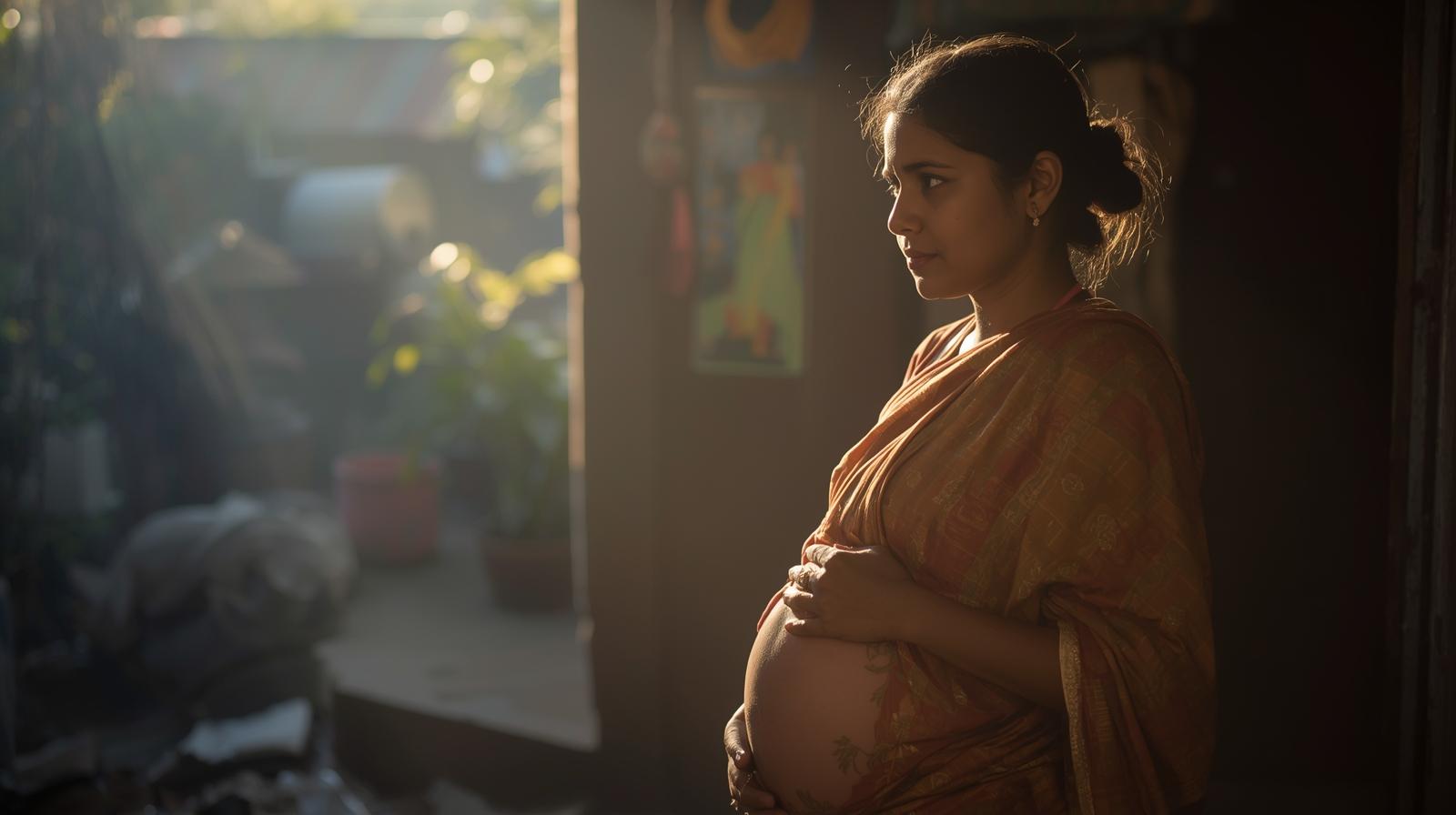Pitru Paksha is a sacred period in the Hindu calendar. In 2025, it will be from 7 September to 21 September, as it is a period set aside to appease the ancestors by way of rituals like Shraddha, Tarpan, and Pinda Daan. Families believe that by offering prayers and food, they send peace to the souls of their ancestors and also get blessings in the future.
For pregnant women, Pitru Paksha has some special care points. As they are carrying a newborn, some do’s and don’ts are prescribed according to tradition. These are meant to protect the mother and child and also keep them calm during this sacred period.
Dos for Pregnant Women
- Pregnant women never need to be hungry. They should have fresh fruits, grains, and light vegetable food because this is all done to ensure the well-being of the mother and child.
- Pitru Paksha coincides with a lunar eclipse and a solar eclipse on 7 and 21 September this year. Pregnant women should not go out during this time. Application of geru (red ochre paste) to the abdomen and keeping quiet in prayer or meditation is recommended.
- Spend time in peace, read holy books, or listen to gentle mantras because being worried or stressed may affect the baby.
- If you cannot be present at ceremonies, light a lamp at home and pray silently for the ancestors.
Read More: What to Eat and Avoid During Pitru Paksha 2025
Don’ts for Pregnant Women
- Skipping meals or fasting for a long period of time may weaken your body and affect the growth of the baby.
- Meat or fish during Pitru Paksha is thought to upset the purity of mind and body.
- Do not cook, eat, or do rituals until the eclipse passes.
Read More: Why Marriage and Festivals Are Avoided During Pitru Paksha
End Note
The ritual of Pitru Paksha is a ritual of love and respect for ancestors. It marks the protective time for the expecting mother and her child. Following a simple set of dos and don’ts, women can continue with a balanced diet, maintain silence, avoid negative places, and observe safety during eclipses while staying true to the ritual and ensuring their own safety. This kind of balance between religion and wisdom brings blessings to both the mother and the child.
Read More:






